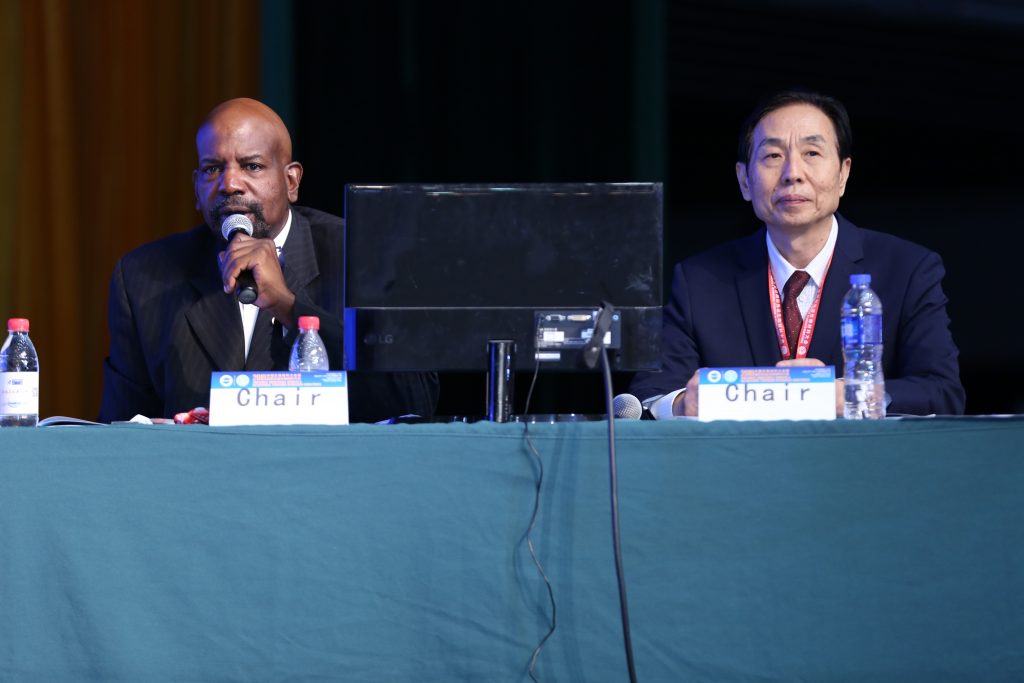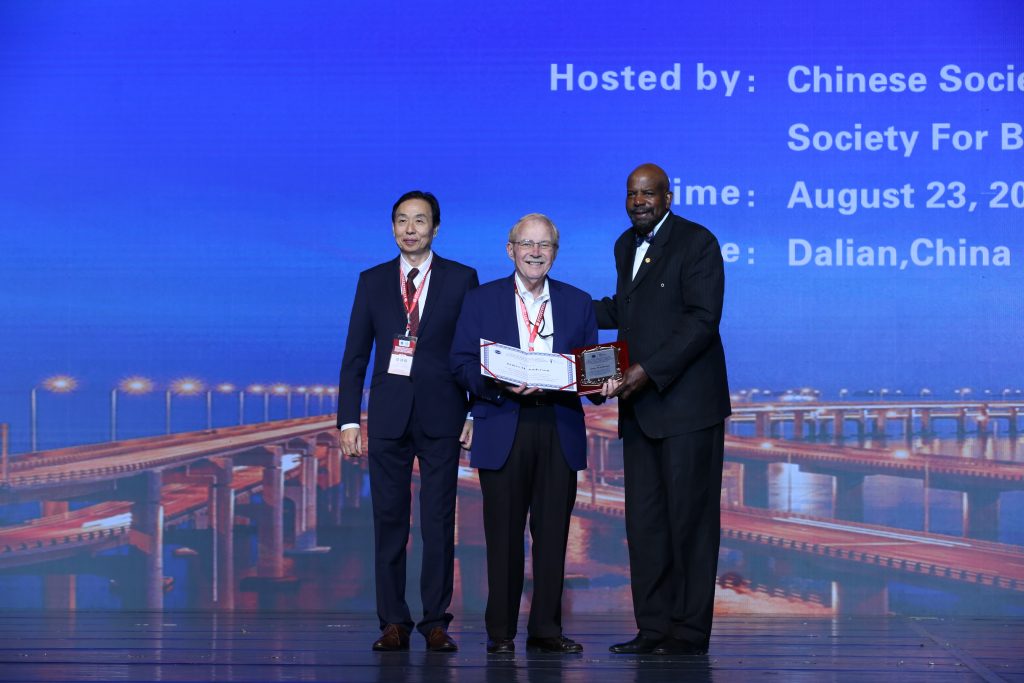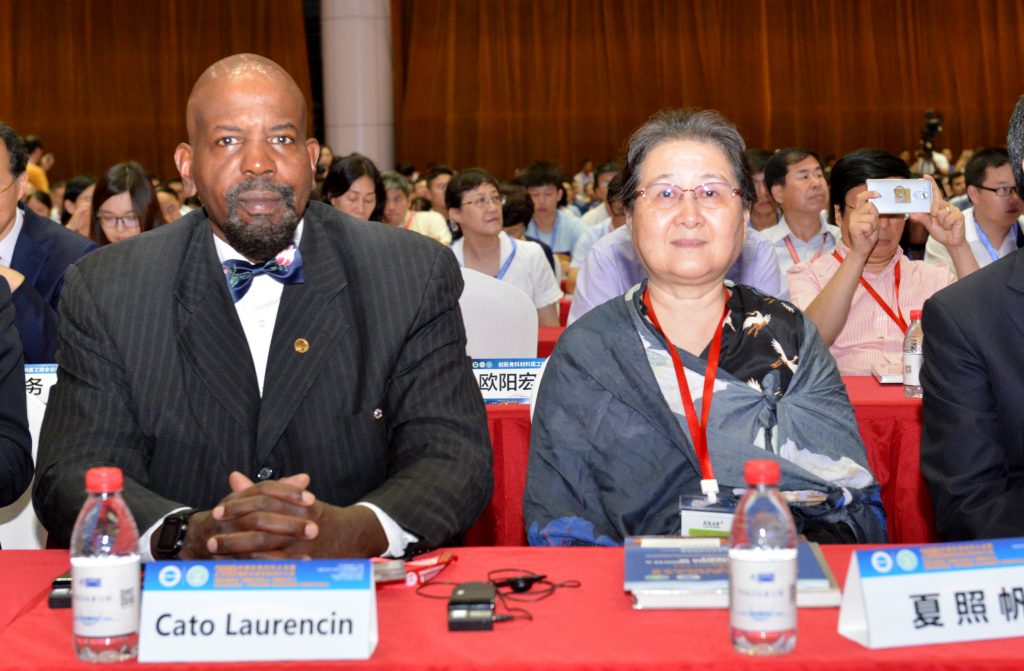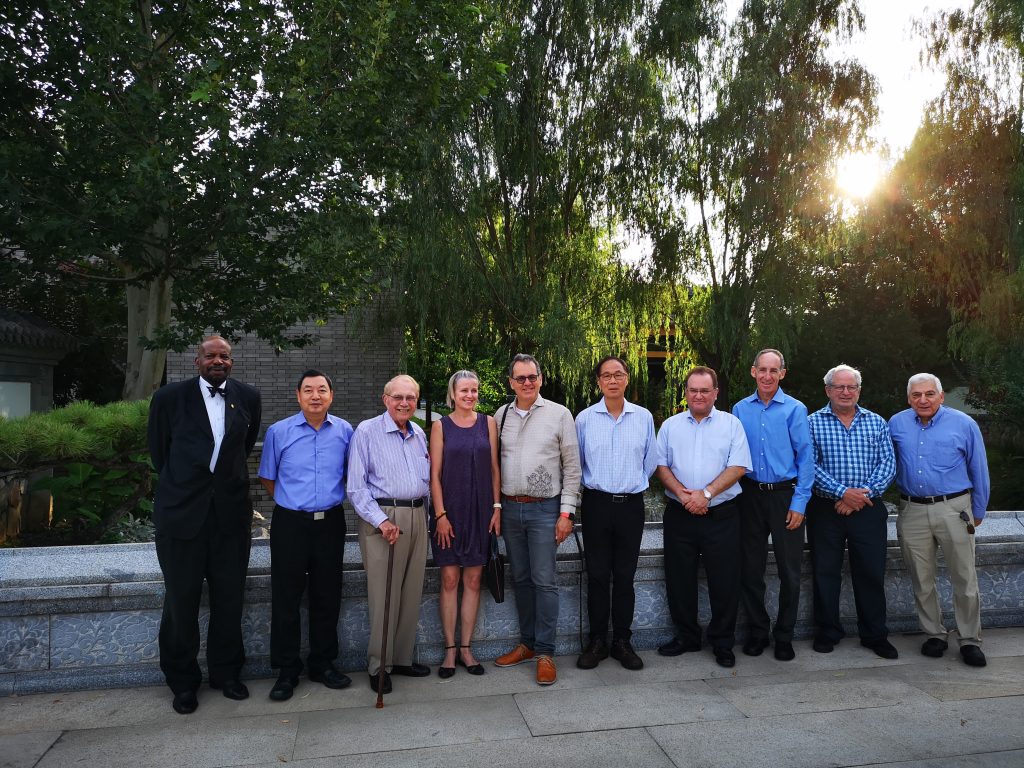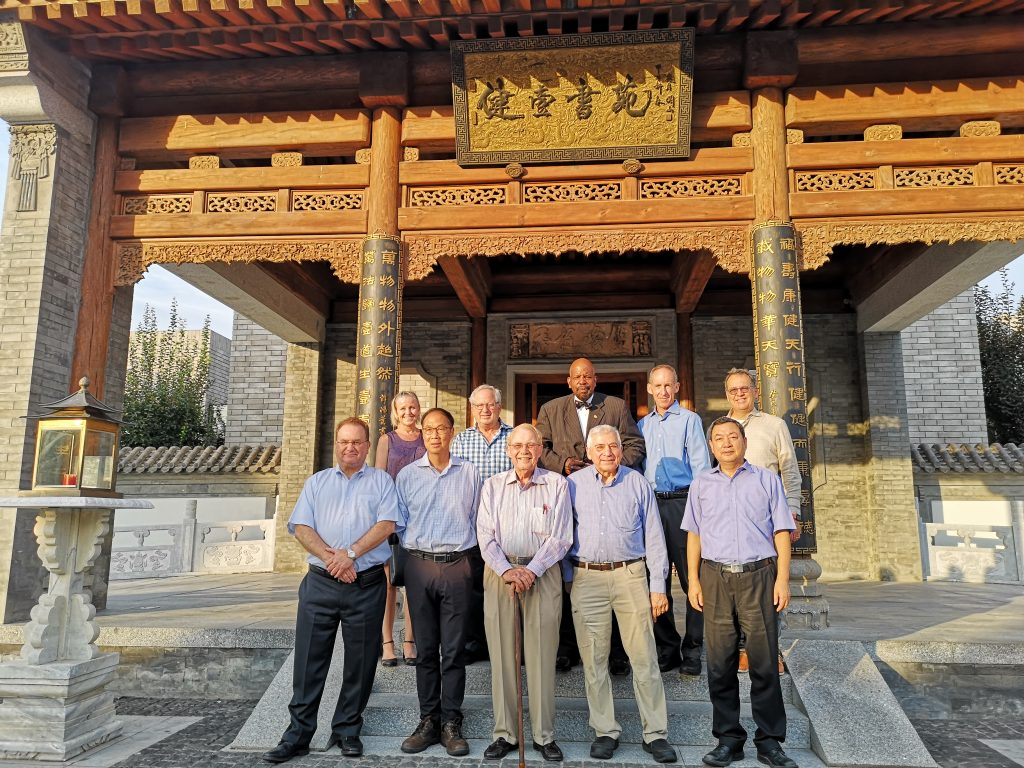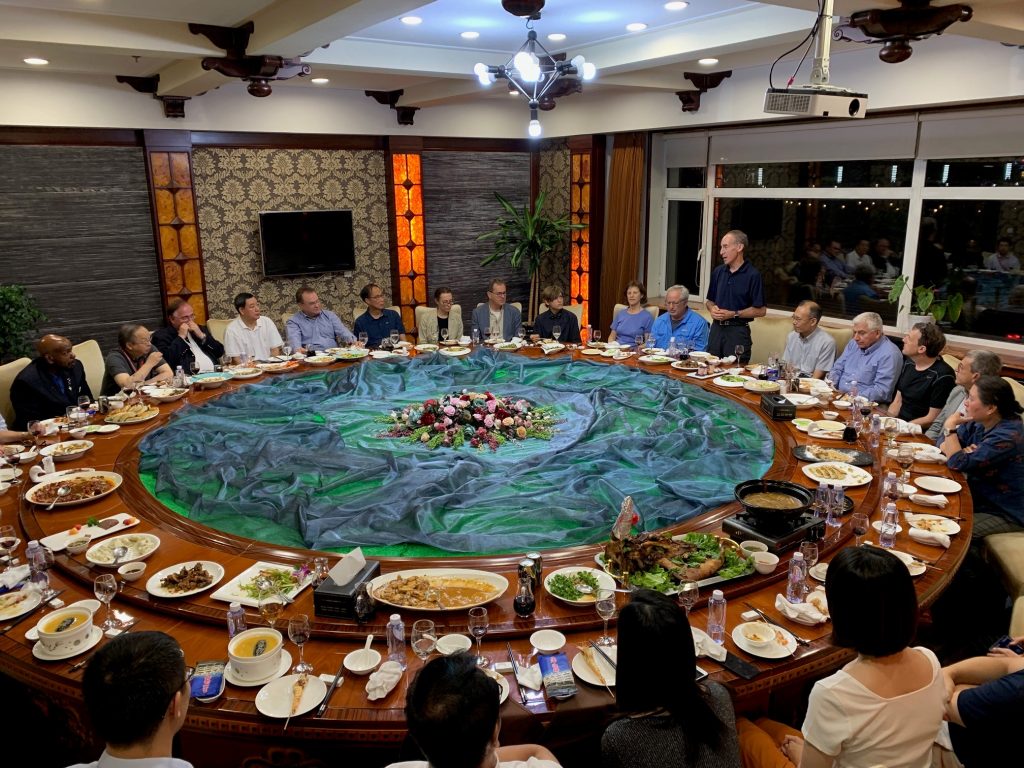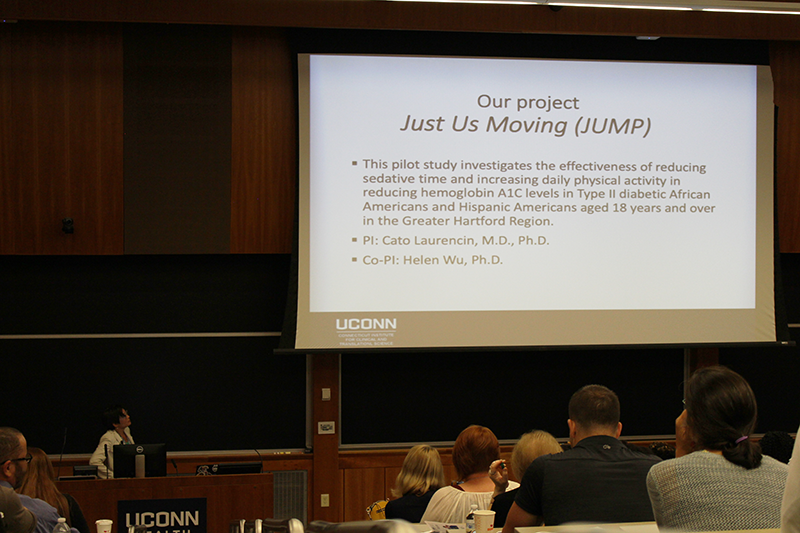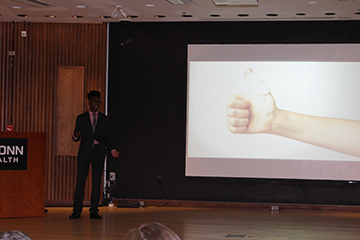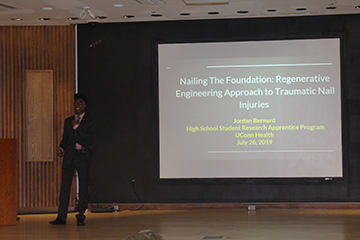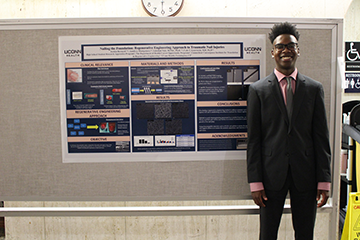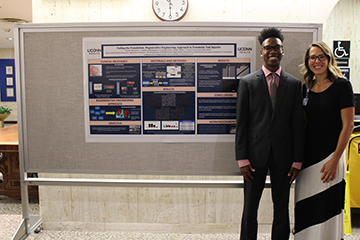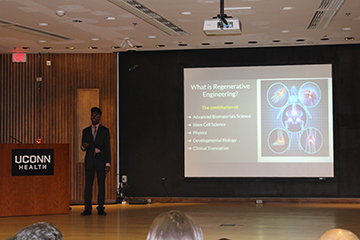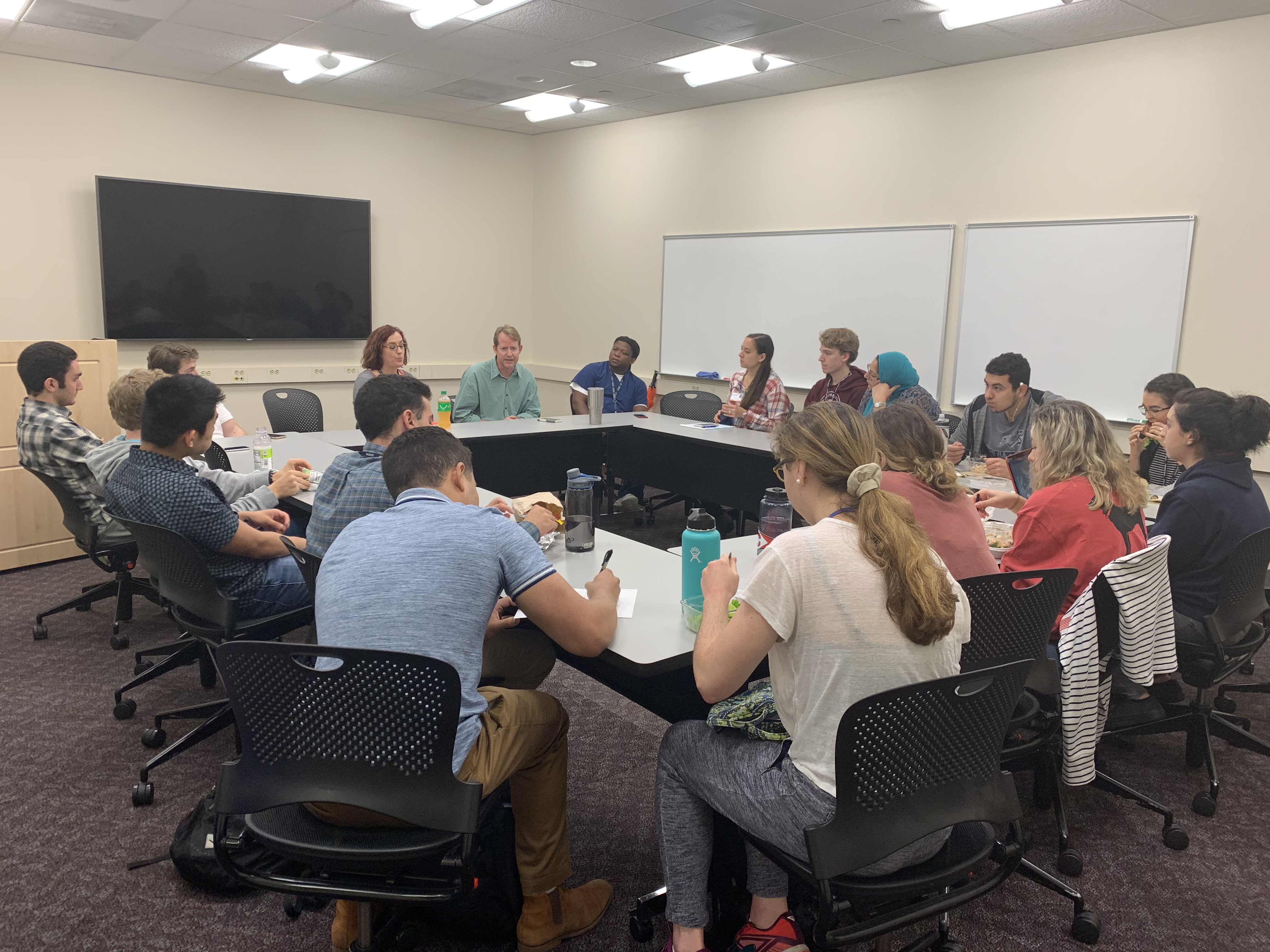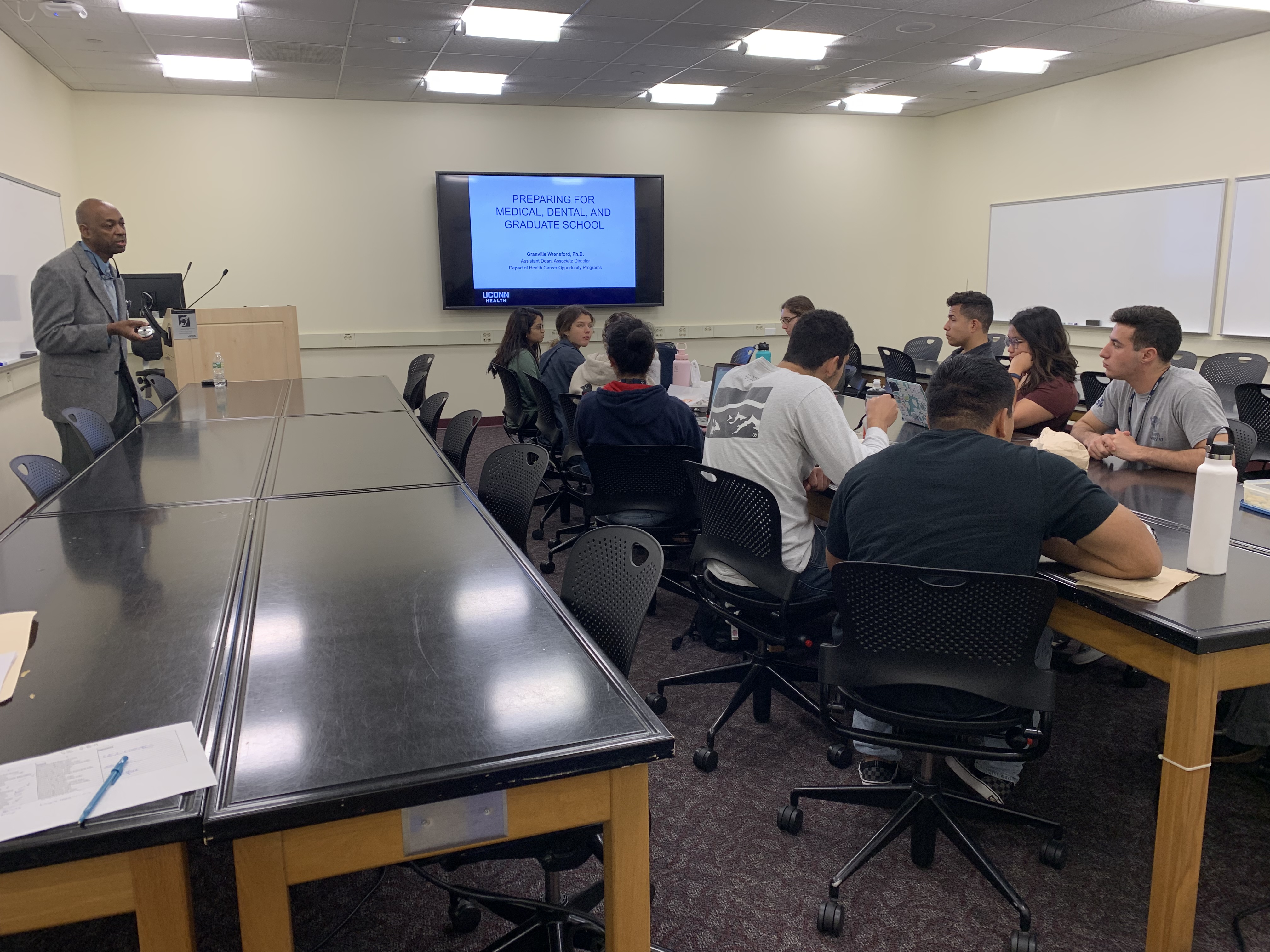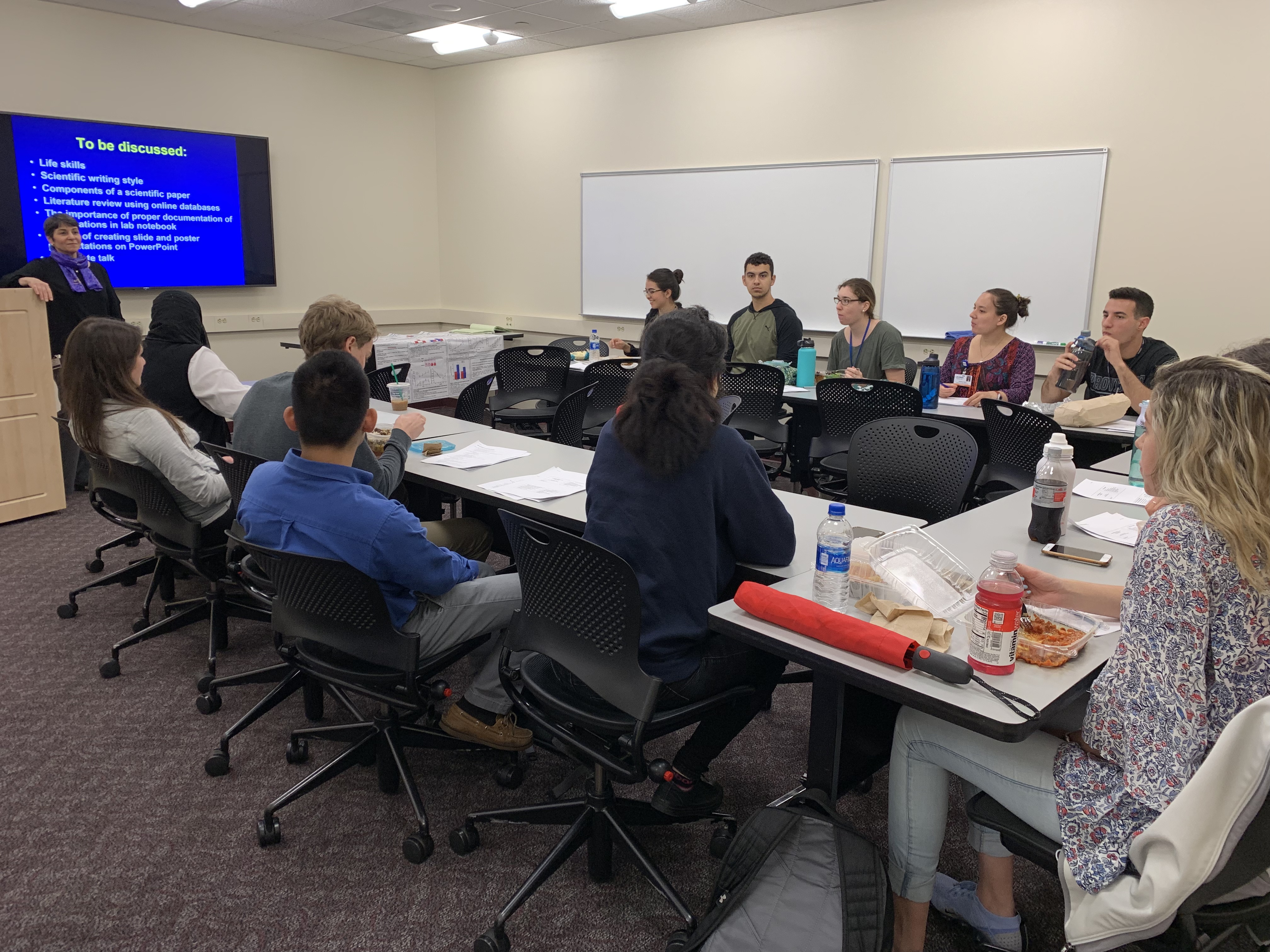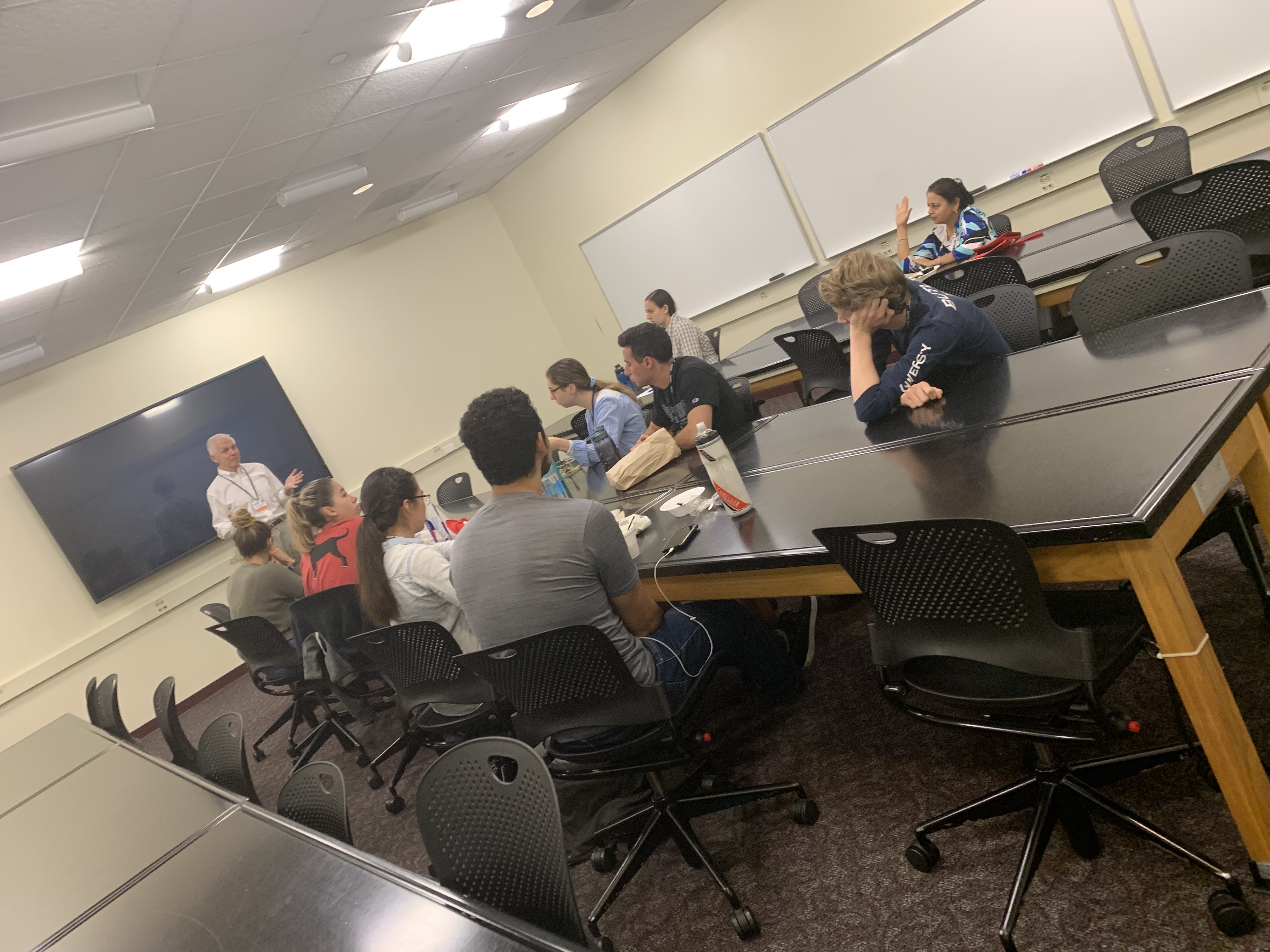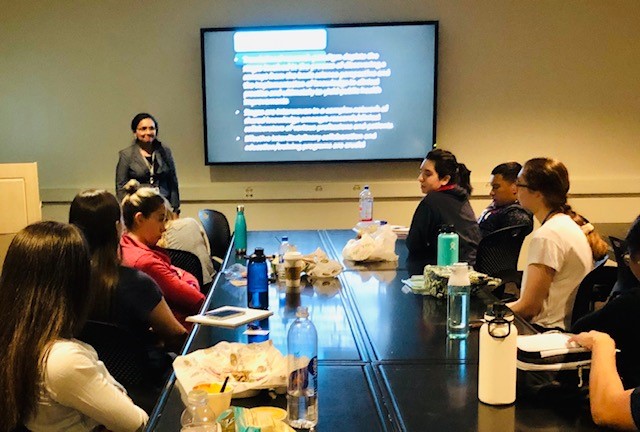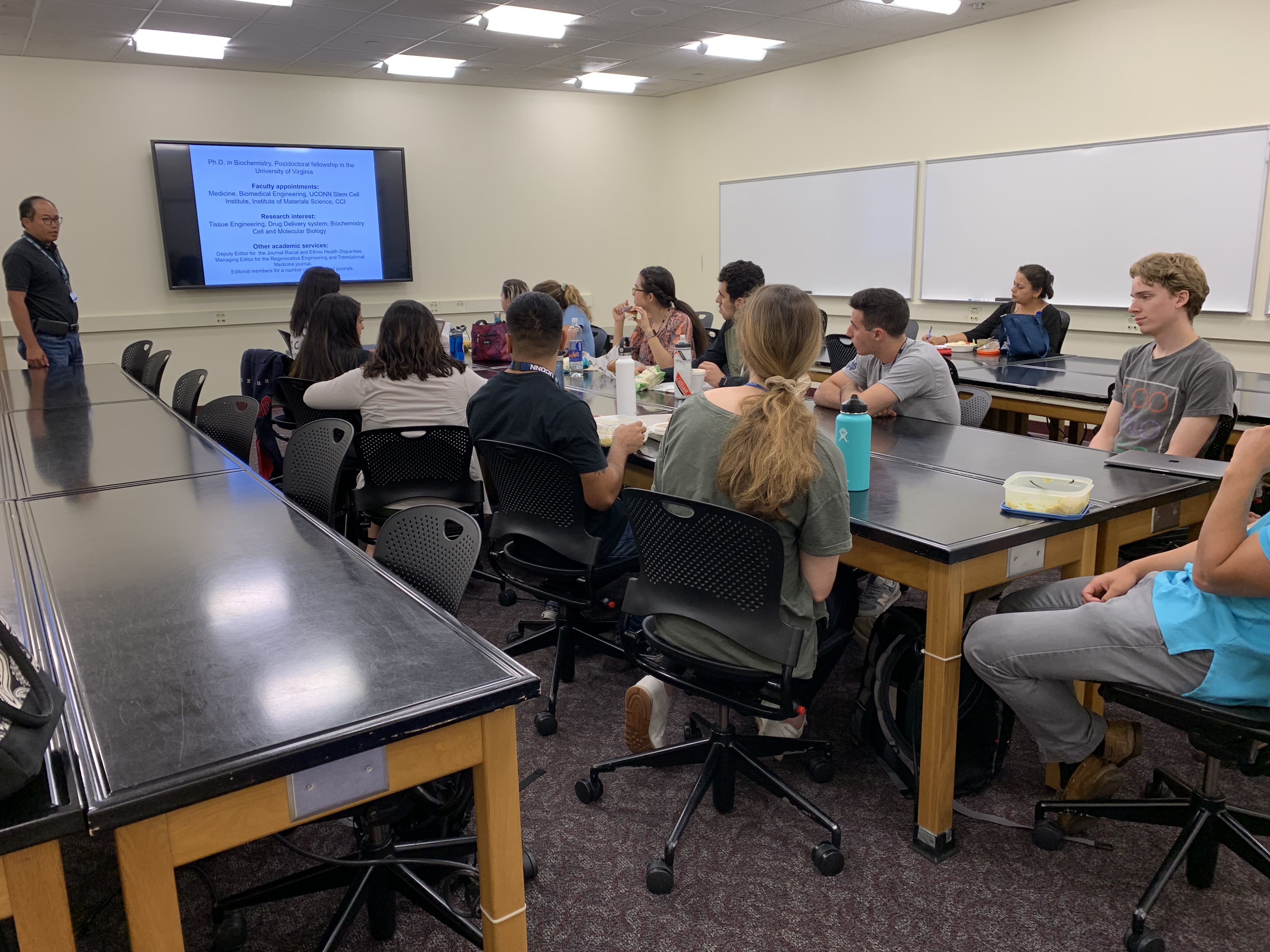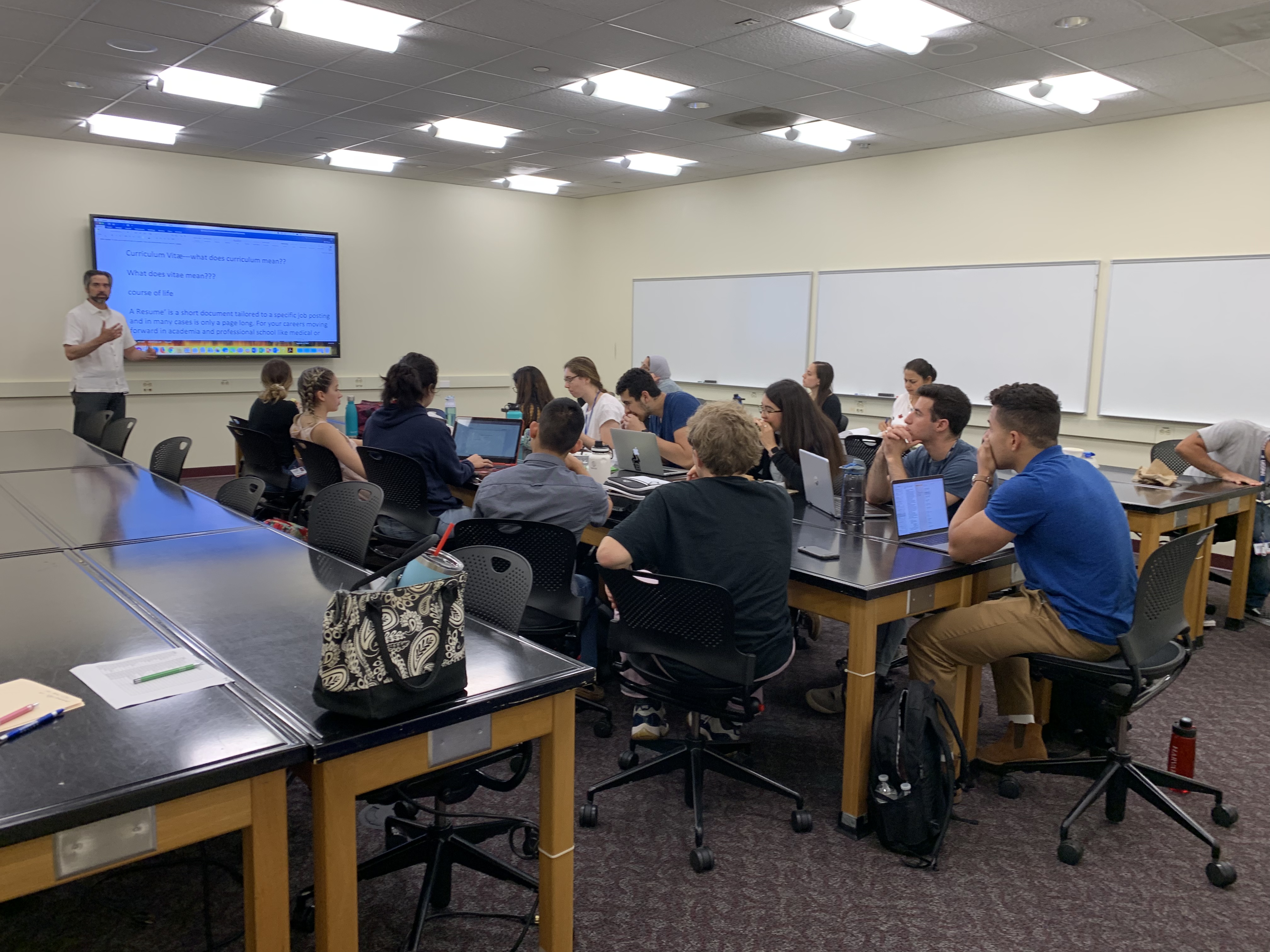Dr. Laurencin, an International Advisory Board Member, traveled to Beijing and Dalian, China to moderate the 2019 Chinese Biomaterials Congress and International Symposium on Advanced Biomaterials. The event was held in conjunction with:
- The 5th China-US Joint Forum on Regulation, Standards and Innovation of Biomaterials;
- The Annual Meeting of Chinese Society of Biomedical Engineering-Biomaterials Branch and
- The forum on Translation of Orthopedic Biomaterials and Implantable Devices.
As an invited guest speaker, Dr. Laurencin facilitated the flow of the event for the following lectures:
- The Ambulatory Kidney to Increase Vitality (AKTIV): The Intersection of Biomaterials, Medical Devices, Translation, Regulation and Commercialization
- Progresses on the Reform of Medical Device Evaluation System in China
- New Perspectives on ISO 10993-1 VS FDA (2016) and ISO 10093-23
- Progress of China Medical Device Standardization Administration
The Chinese Biomaterials Congress is held every other year. It is the biggest national biomaterials meeting in the world. The last congress in 2017 in Nanchang, China attracted over 2,500 attendees from academia, industry, clinical research institutes and governmental agencies.
The goals of the forums are to promote the international collaboration in the biomaterials field, and to create favorable opportunities for products and companies to enter the market of partner country. The discussion topics cover regulatory, standards, academic and clinical perspectives, regulatory science and industrial innovations.
